Having a disease can make it seem as if your life has spun out of control. Kidney disease is a gradual loss of kidney function when it fails to filter waste from your blood. Ghayyath Sultan, M.D. in Houston is a skilled nephrologist that specialises in the diagnosis and management of acute and chronic kidney disease. Let us delve into the signs and symptoms, and treatment options of kidney disease.
What is Kidney Disease?
Any damage to the kidneys, causing a malfunction in their normal functions is known as kidney disease or kidney failure. Kidneys aid in filtering waste products from your blood and disposing of them through your urine, balancing the fluids in your body, and releasing hormones to regulate BP. Kidney disease could be acute when there is a sudden malfunction or chronic if the disease lasts for three months or longer. This develops very slowly and often does not show any early signs or symptoms. However, you can restore your kidney function with treatment.
What Are The Signs And Symptoms?
Kidney disease may progress gradually over a period of time with or without symptoms. However, when the disease worsens you may notice the following symptoms:
- Nausea and vomiting
- Fatigue and weakness
- Sleep disturbances
- Urinary issues
- Low appetite
- Abnormal swelling in the ankle and foot
- Muscle cramps and twitches
- High BP
- Dry and itchy skin
- Fluid buildup in the heart can cause chest pain, and in the lungs it causes shortness of breath.
How Can Kidney Disease Be Treated?
Your doctor may run a few diagnostic tests like urinalysis and kidney biopsies to determine the severity of the condition and design a treatment plan. It involves:
- Dietary changes
- You need to follow a diet plan that is low in sodium, potassium, phosphorus, and proteins.
- This reduces the amount of waste in your blood, thus lowering the load on your kidneys.
- Medications
- Your doctor may prescribe medications to lower your blood pressure, cholesterol, and anti-inflammatory drugs.
- These control the symptoms and complications associated with the disease.
- Kidney dialysis
- End-stage kidney disease cannot be treated with dietary changes or medications.
- Such cases need dialysis, which is a process of filtering your blood through an artificial machine instead of your kidneys.
- A catheter and a dialysis solution can also aid in blood filtration.
- Kidney transplant
- It is a surgical procedure where a healthy kidney from a living or deceased donor is taken and transplanted into your body.
- This requires lifetime medications to avoid your body rejecting the transplanted kidney.
Takeaway
Kidney disease, though a serious medical condition, can be treated through early diagnosis and prompt treatment. This includes a healthy diet, medications, dialysis or kidney transplant, by a skilled nephrologist to improve your quality of life.
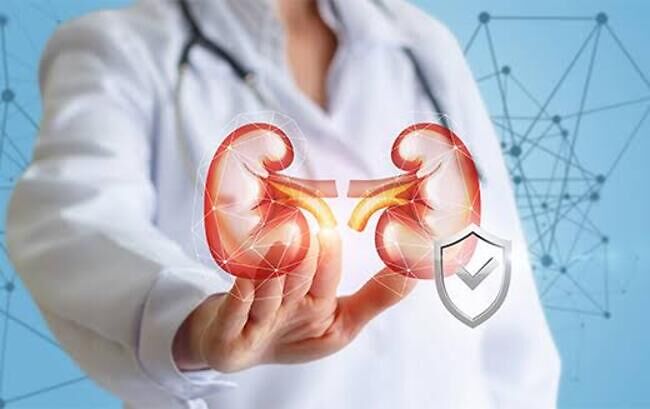

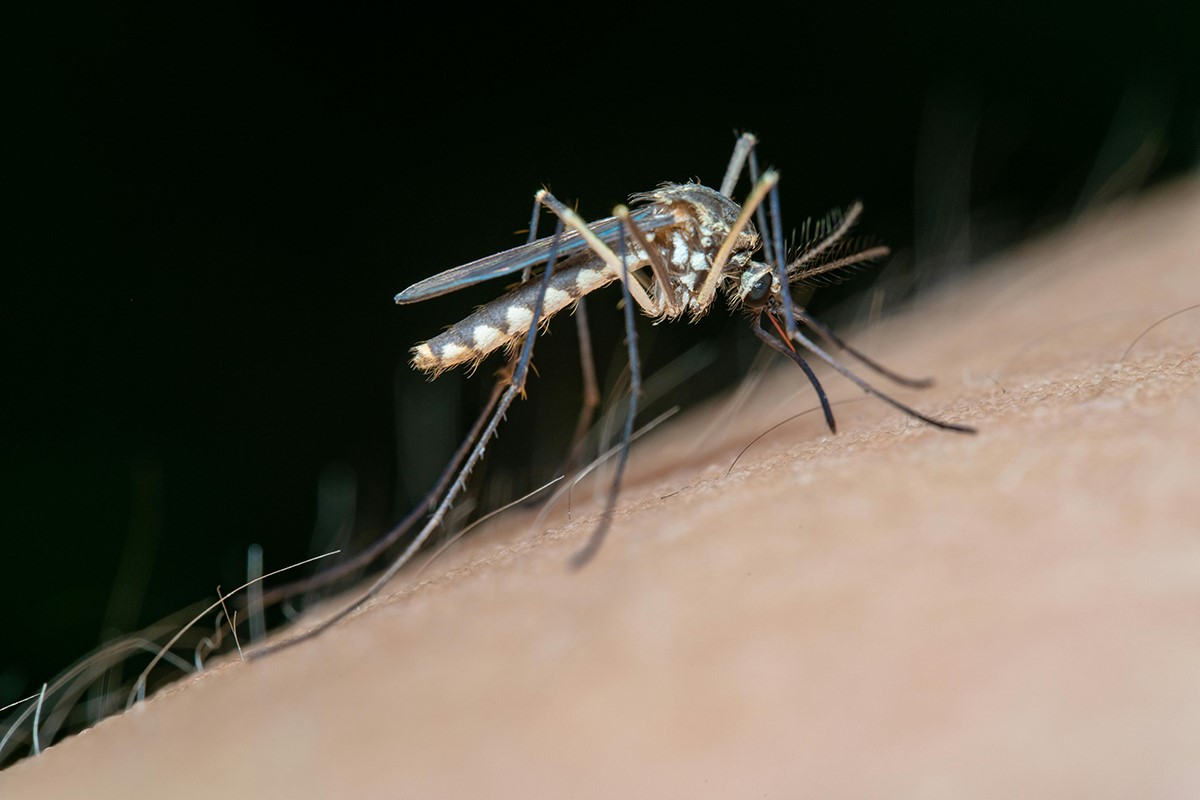




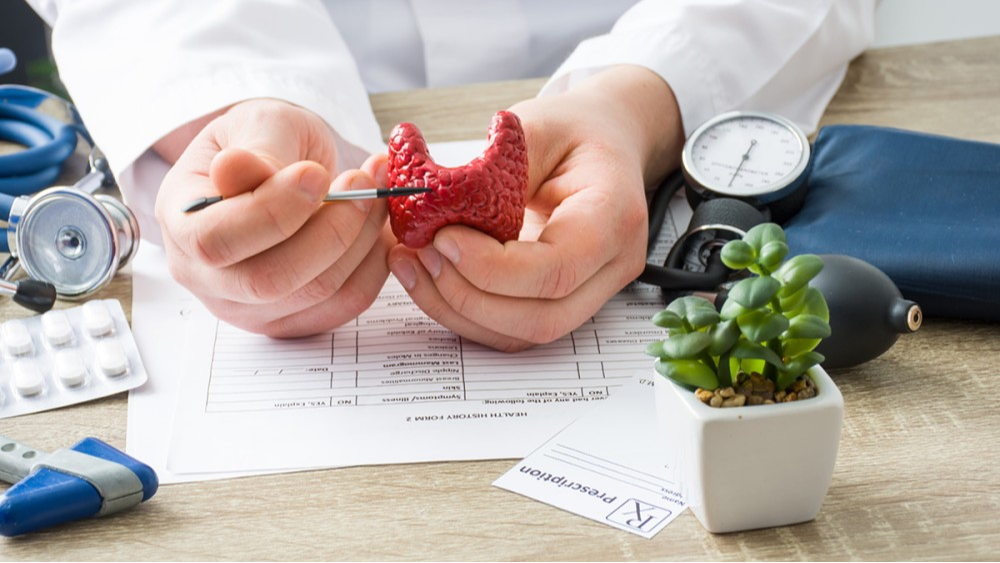
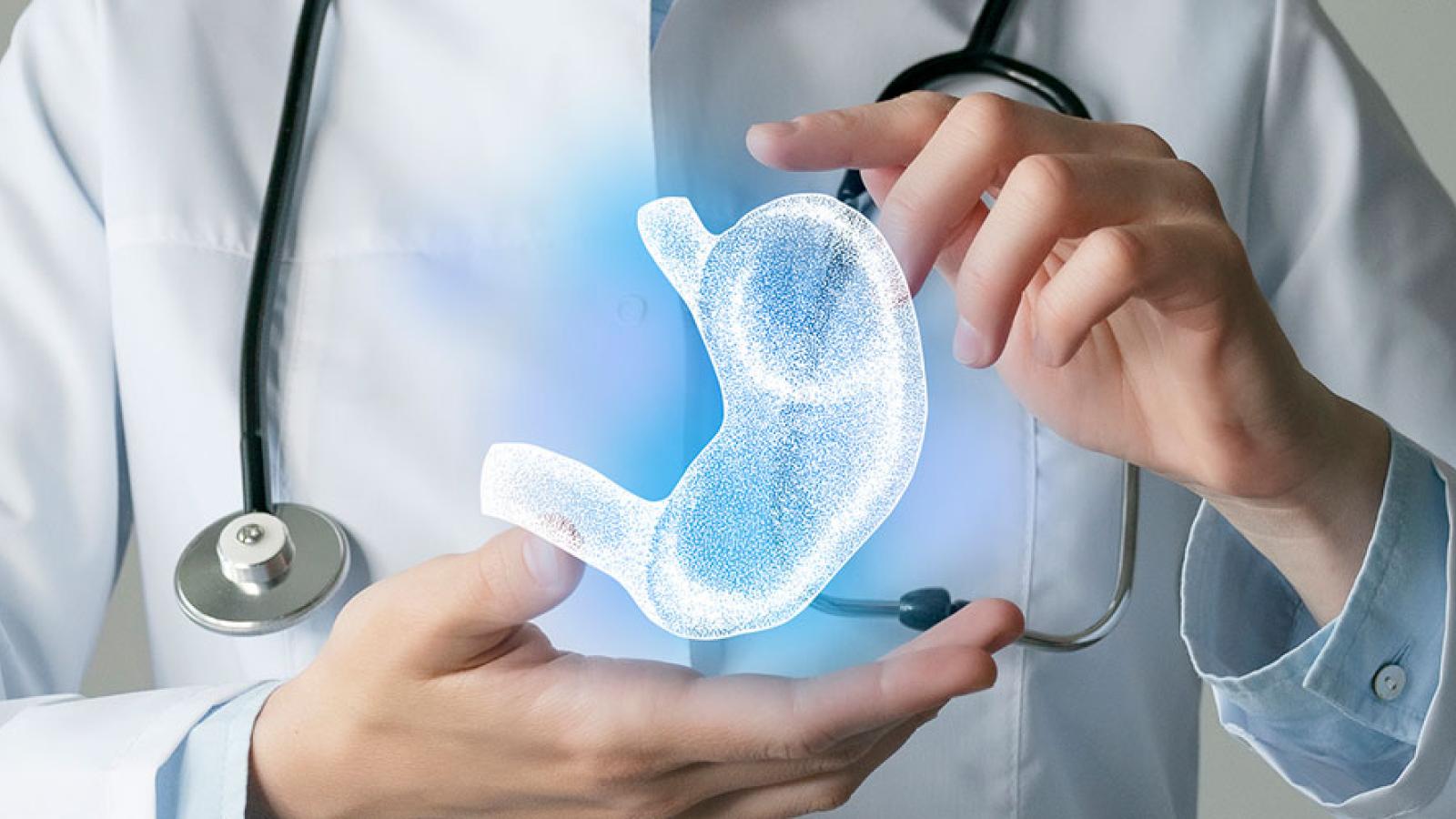
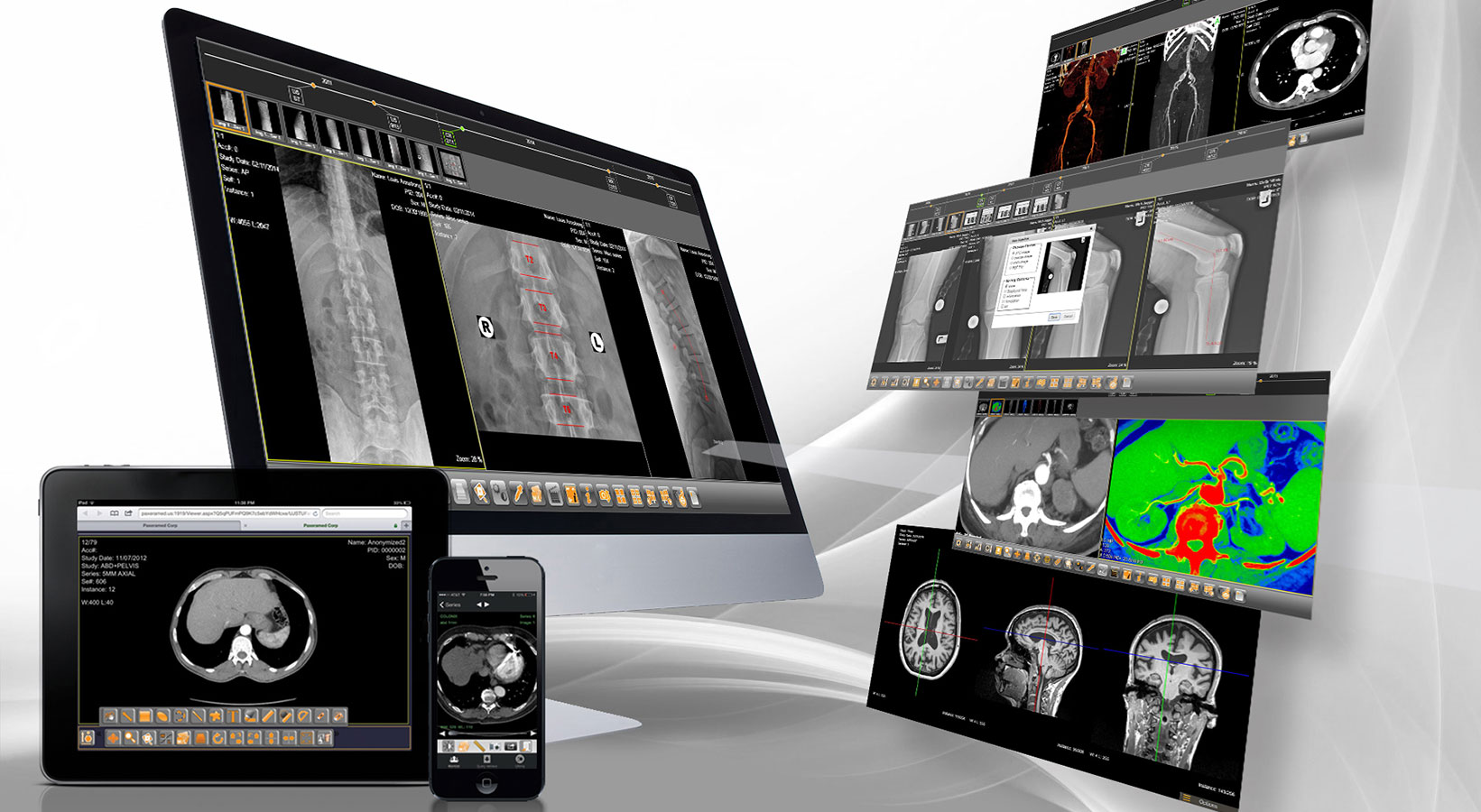





Leave a Reply